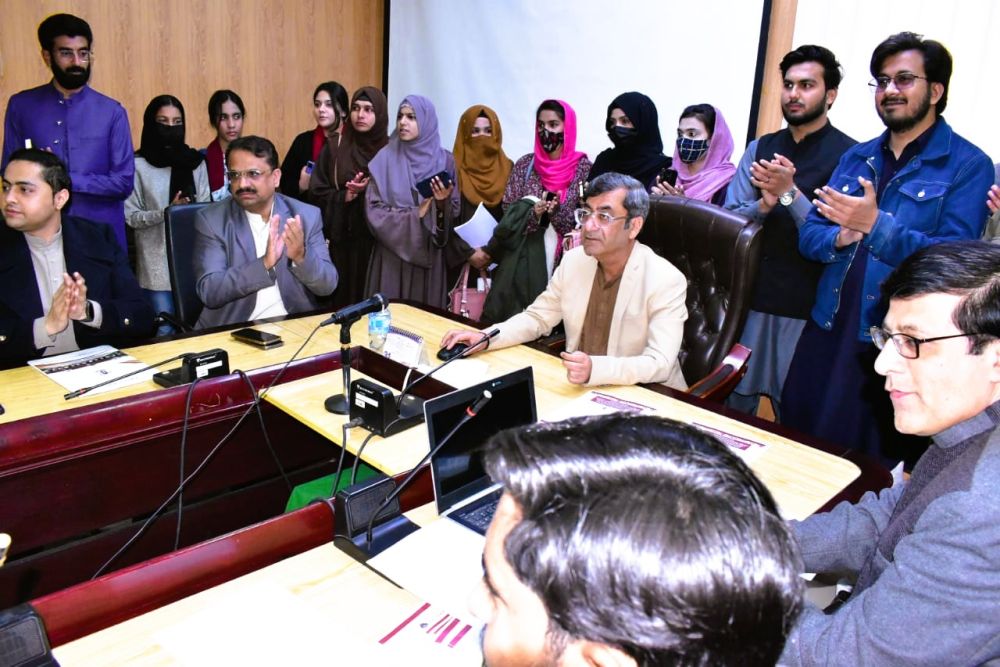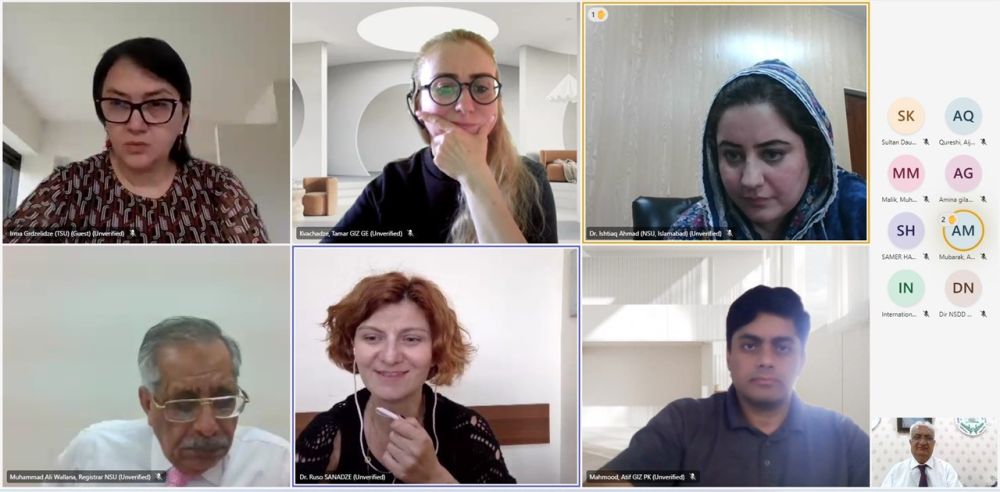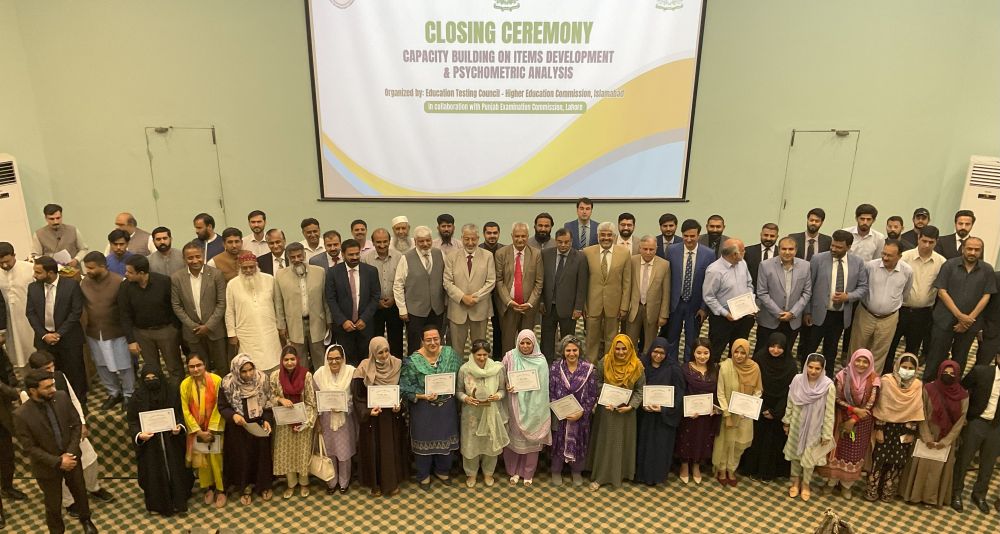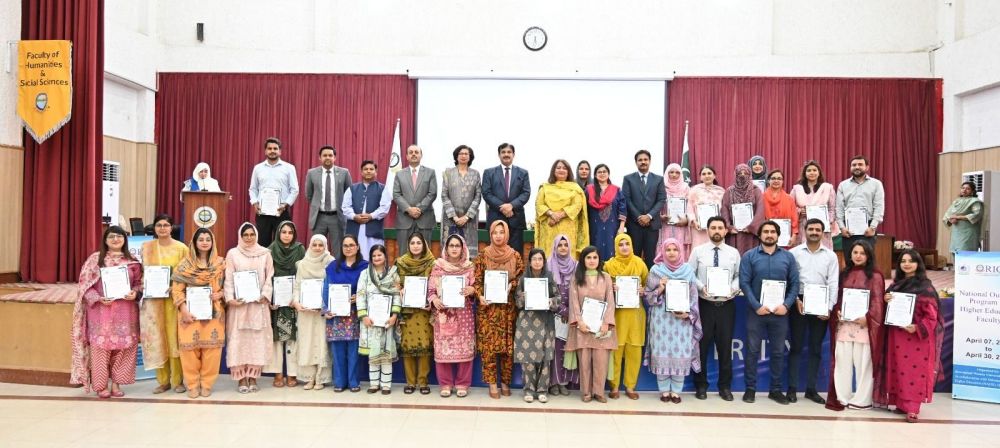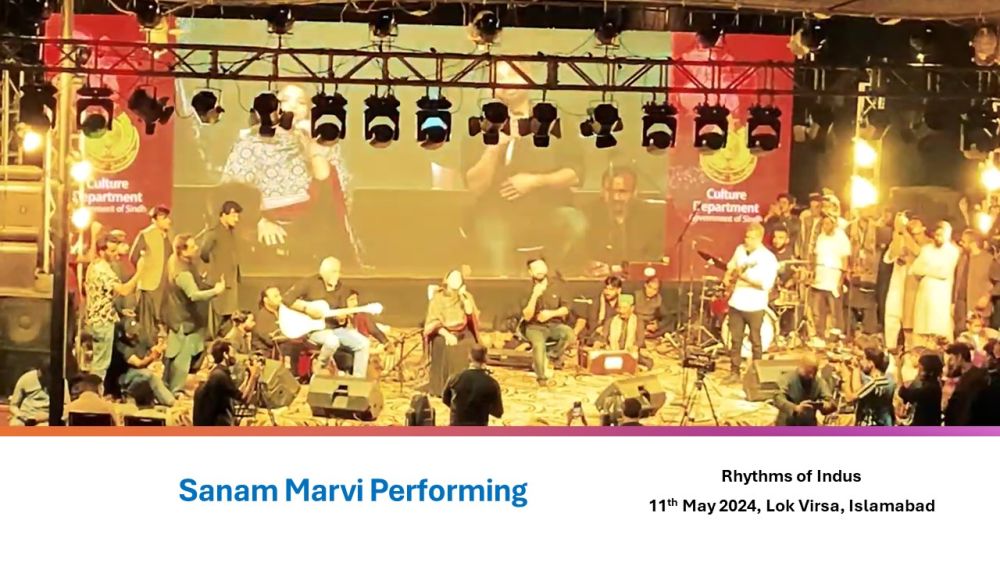The Triple Power of Learning: Why Brian Herbert's Quote is a Blueprint for Personal and Professional Success?
Posted 7 months ago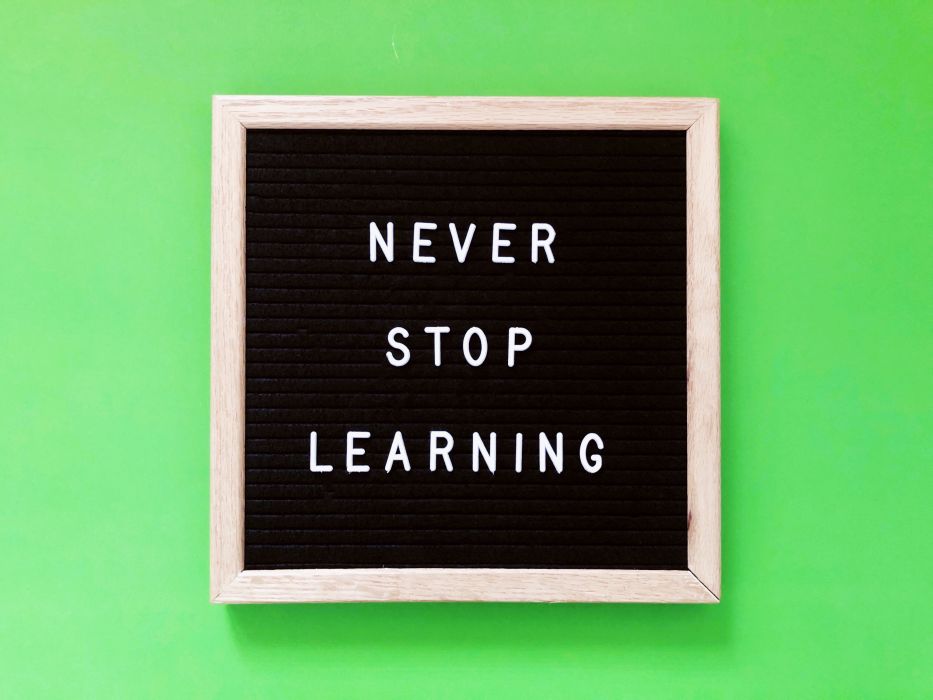
"The capacity to learn is a gift; the ability to learn is a skill; the willingness to learn is a choice." – Brian Herbert.
In an era where change is the only constant and the half-life of knowledge is rapidly shrinking, Brian Herbert's quote resonates like a timeless compass. It isn't merely poetic; it's profoundly strategic. It captures the anatomy of learning in three dimensions: what we're born with, what we develop, and what we decide. This strategic approach to learning is what can set you apart in today's world.
This layered view of learning isn't just for philosophers or educators. It's the mantra for every entrepreneur, CEO, and aspiring professional navigating today's volatile, uncertain, complex, and ambiguous (VUCA) world.
1. The Capacity to Learn is a Gift: Unlocking the Human Advantage
The capacity to learn is a universal gift we are all born with. Our brain's neuroplasticity enables us to adapt, mimic, and absorb information from infancy. This gift, inherent in all of us, is not always fully realized.
Your capacity to learn may be biological, but its activation depends on your environment and the exposure you receive. This is why early childhood education has become a key metric for national competitiveness and why organizations that invest in reskilling outperform their peers by 15–20% in total shareholder return, according to a McKinsey report.
2. The Ability to Learn is a Skill: Honing the Engine of Growth
While we may all be born with the gift of learning, turning it into a sharpened skill requires deliberate effort. The ability to learn is not about rote memorization; it's about metacognition, or "learning how to learn."
Consider Elon Musk. With formal training in economics and physics, Musk taught himself rocket science by reading textbooks and consulting engineers. His company, SpaceX, now rivals NASA in launching payloads to space. Musk's case isn't about genius; it's about applying a rigorous learning process, even across domains. He demonstrates that learning is a skill that can be cultivated far beyond the confines of the classroom.
In the corporate world, companies like Google have institutionalized learning as a core competency. Their "20% time" model, which encourages employees to devote a portion of their time to learning or passion projects, has led to the creation of major products like Gmail and AdSense.
The takeaway? The ability to learn is the new competitive advantage in a rapidly evolving marketplace. As automation displaces routine work, the future belongs to those who can learn more quickly and adapt more effectively.
3. The Willingness to Learn is a Choice: The Decider of Destiny
And then comes the most powerful and most human dimension: choice. In a world overflowing with information, the real scarcity is not data; it's willingness. The choice to be curious, to be wrong, to start again. That's what separates the average from the extraordinary.
Take Oprah Winfrey. Raised in poverty, subjected to trauma, and rejected early in her career, she chose not to stagnate. Her rise wasn't driven merely by talent—it was driven by her relentless appetite to learn from every failure, interview, and book. Today, she is not only a media mogul but also a thought leader on emotional intelligence, wellness, and personal growth.
The willingness to learn demands humility. It means setting aside ego and comfort zones to embrace the unknown. This mindset is now so critical that leadership coach Marshall Goldsmith insists, "What got you here won't get you there."
Why This Quote Matters Now More Than Ever?
In 2025, the global economy will face unprecedented challenges: rapid technological disruption, geopolitical instability, and a post-pandemic recalibration of how we work and live. In such an environment, Herbert's triad becomes more than a quote; it becomes a personal operating system.
- Students must remember that their potential isn't fixed; they can cultivate learning agility.
- Leaders must model vulnerability and a commitment to lifelong learning to inspire innovation.
- Organizations must reward curiosity, not just credentials.
Learning isn't just about school; it's about survival, growth, and creating a lasting legacy. The quote reminds us that while we're all born with the hardware, success depends on updating the software and pressing "yes" when prompted to install the latest update.
Choosing to learn might be the most powerful decision you make.

